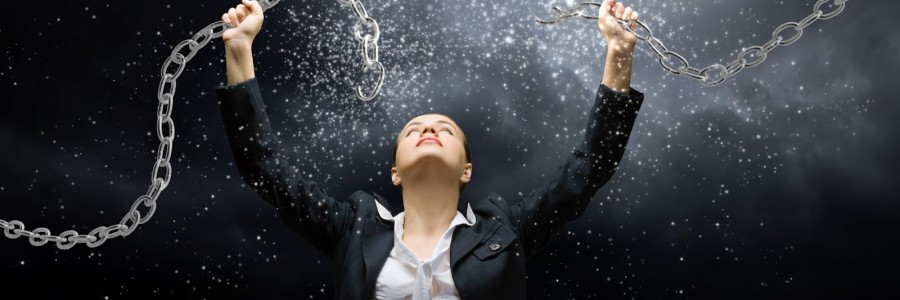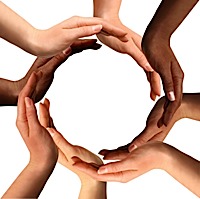Loss is a hard pill to swallow…being lied to, someone dragging your name in the mud, family turning their back on you…all hard pills to swallow. The hardest pill I had to swallow was knowing I had to stop drugging in order to live again. I was in denial to the fact that I was slowly dying and needed to change what I was doing. The more I thought about it the more I dove back into my addiction. I didn’t want to deal with all the trash and destruction my disease had caused. I lived in denial for the better part of 4 years, fighting with every breath to not face my fears and make the change.
One crazy night I woke up drenched in sweat and knew I needed drugs fast…I ran to my bathroom and was looking into all my hiding spots. While I was searching I caught a glimpse of myself in the mirror, I stopped in my tracks. I stared for a long hot minute and what was looking back at me…a shell of a human. I looked empty, my skin grey, eyes blood shot and distant, my hair looked 7 years overdue for a cut, and tears running down my bloated face. It was at that moment denial met reality, this wasn’t my rock bottom but at this point I started to beg for one. I got down on my knees and started praying, something I hadn’t done in years! I knew something needed to changed and I begged that a path was presented to me for help because I was too scared to ask for it.
The next day my prayer was answered…my husband found all my drugs while I was at work and called me crying because he didn’t know what was going on. I took his call and when I heard his voice I collapsed on the floor knowing this was it, this was what I was waiting for! My husband up to this point had no clue what was going on with me as I was a really high functioning drug addict. I did not want him to know because of fear, fear of what he might think of me, fear of what he may do, and fear of what he would want me to do. Now he knew, the sad, twisted, life-sucking disease was caught red-handed and it was time to face what needed to happen… to walk into the light and out of the dark.
I remember my long car ride to treatment, the dead silence, the tears, the shaking, anger, frustration, denial, anxiety and uncertainty. I was so far addicted that if I didn’t get drugs in my system at a certain time I would shake, sweat, and move uncontrollably…the list went on and on. My husband was so scared at certain points that he barely said anything the whole drive.
When we got to treatment and I was met by the nurse…she could see, she could see a glimmer of light in my eyes that no one could see, not even me. She put her arms around me and said, girl we got you and this is the place where you are going to walk into the light and out of the dark…we got you. I almost collapsed in her arms, I cried so hard all night and the next day but she did not leave my side. The story inside treatment will have to come later as this was just about my denial and how it drove me deeper into my addiction. Once I finally hit my rock bottom…I climbed out and started my recovery journey! If you are in denial…that is okay, I was there too, it doesn’t mean that has to be the end of your story. Fight hard for yourself because you are worth it!
Blogger: Butterfly365


